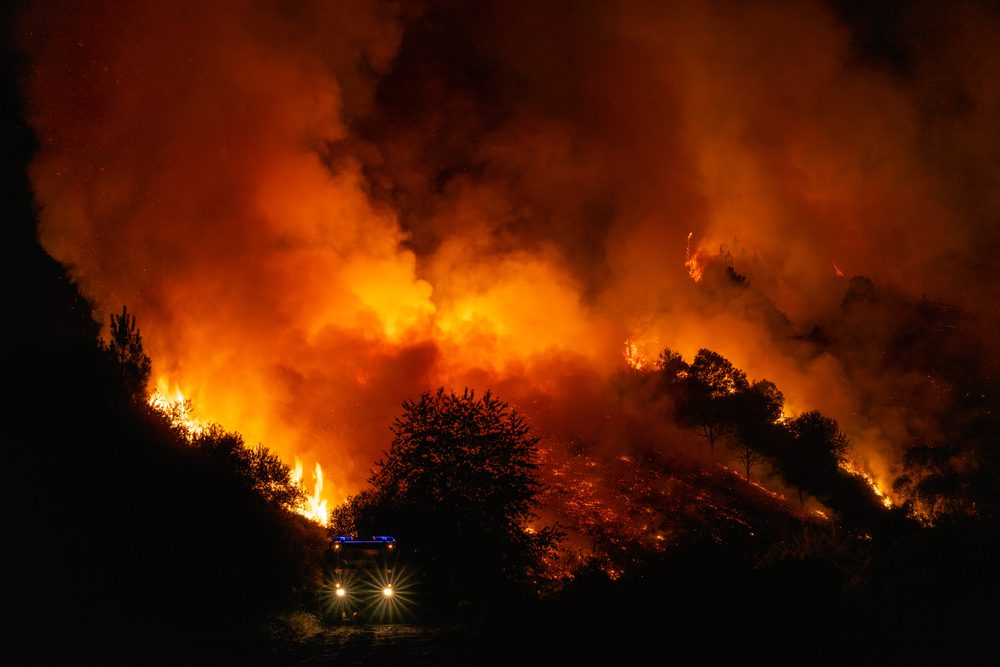
As forest fires sweep across much of southern Europe, politicians and pundits continue to emphasize the role of climate change.
The Spanish prime minister recently lent himself to a press conference, standing in front of one of the ashen wildernesses left behind by the forest fires currently ravaging the country. His message, which he described as “an evident one,” was that “climate change kills.”
This emphasis, however, accompanies a brand of environmentalism whose legislative manifestation is likely responsible for causing these fires.
Frank Cuesta, a Spanish conservationist and veterinarian who became famous after hosting several wildlife documentary series, has recently suggested that laws which ban locals and hunters from carrying off dried wood during a walk in the woods have contributed greatly to the current wave of fires.
Even if much of what we are witnessing were the result of human error and arson, the rapidity with which forest fires have spread can be attributed to the abundance of dry wood and shrubbery. Historically, local people and, prominently, hunters, would clean their woods from these elements. In Spain, however, new environmental legislation disallows this to the point that, depending on the region, one can be fined for so much as carrying off a dry pinecone.
Furthermore, the government has not been able to compensate for the work previously done by local communities, given that forest caretakers receive extremely low salaries, leading to few people taking such jobs. Instead, we witness the dangerous impact of principles that characterizes contemporary politics: the disempowerment of the local, the concentration of competences (following international ideological and legislative frameworks), and a dangerous lack of regard for traditional methods.
The role played by the climate change industry has also been buried.
One of the worst fires to hit Spain this summer is raging in the northeastern municipality of Ateca. It has so far caused 1,700 people to flee their homes, burning through 14,000 hectares and interrupting major transportation arteries.
This fire, we now know, was apparently started by a spark caused by an excavator working on reforestation activities carried out by a company whose projects include off-setting its CO2 emissions. The company, Land Life España, admitted that this is how the fire started, even as it clarified that all its activities were carried out after receiving the pertinent permits.
In this case, climate-change related initiatives, in full conformity to existing legislation, led to more climactic destruction than any spontaneously occurring fire owing itself to high temperatures. Environmental laws preventing the removal of forest debris only made the fire worse.
The insistence of climate change as the sole or overriding cause of extreme weather events, forest fires, and even health conditions, however, allows governments to continue working for the concentration of (newly-minted) capital in, and earmarking of funds for, ‘green’ and ‘Fourth Industrial Revolution’ sectors.
